Brand new discovery:
ANFANGA =
αναφαινω, αμφαινω
In the following eleven fragments, I have translated ANFANG(A) with (to) start, but as I will reveal below, more poetic translations are possible.
1 [006/13]
WR.ALDA [...] MAKADE T.ANFANG
Wralda [...] made the start
2 [014/24]
ALLE THINGA THÉR MÀN ANFANGJA WIL
All things that one will start
3 [045/10]
THÀT FORMA SINNE BILD WR.ALDA.S.
AK FON T.ANFANG JEFTHA T.BIJIN WÉRUT TID KÉM
The first symbol of Wralda,
also of the start or beginning from which time/tide came
4 [067/07]
NV KÉM.T.ANFANG FON THÀT ENDE
Now the start of the end came
5 [084/07]
THÉRNÉI SKIL THET MORNERÁD WITHER ANFANGA TO GLORA
Thereafter, morningred shall again start to glimmer
6 [098/20]
FONUT WR.ALDA KVMTH.T.ANFANG ÀNDET ENDE
Out of Wralda comes the start and the end
7 [103/07]
BY T.ANFANG MIN ÀND BLÁT
At the start small and naked
8 [115/22]
BY T.ANFANG THERE ARNE MONATH
At the start of the Arnemonth
9 [141/11]
THA ÉWA THÉR WR.ALDA BI.T.ANFANG IN VS MOD LÉIDE
The laws that Wralda at the start laid in our mood
10 [141/19]
ALTHAM SKIL ANFANGA
FJUWER THUSAND JÉR NÉI ÁT.LAND SVNKEN IS
All that shall start
fourthousand years after Átland was sunken
11 [204/28]
BI T.ANFANG WÉRON HJA REINTJA NÍDICH
At the start they were jealous (needy) of Reintja
T.ANFANG (noun) - 1,3,4,6,7,8,9,11
ANFANGA (verb) - 5,10
ANFANGJA (verb) - 2
===
Noun:
anfang - german
aanvang - dutch
anevanc, aenvanc, anvanc - middledutch
Verb:
anfangen - german
aanvangen - dutch
anevaen, aanvanghen - middledutch
anafáhan - oldgerman
onfá - oldfrisian
oanfange - frisian
onfón - oldenglish
The online
Dutch etymology bible does not make the link yet with the Old Greek word
αναφαινω (anafaino).
According to my dictionary, this can mean:
ignite, let shine, bring to light, reveal, inform
(laten lichten, laten schitteren, aan 't licht brengen, openbaren, meedelen)
That a link is evident is even more obvious from this
Greek-German dictionary (1786):
establish, explain, demonstrate, reveal, come to the fore, begin
(aufstellen, darlegen, zur Schau bringen, bekant machen, zum Vorschein kommen,
beginnen)
It was
here and there assumed that
"templum quod Tanfanae vocabant" from Tacitus Annales, referred to a
goddess-temple, but the text really does not say so (see below).
Therefore, it may very well have been a temple where
T.ANFANG was celebrated.
===
Tacitus (Annales I, 50-51)
Laeti neque procul Germani agitabant,
dum iustitio ob amissum Augustum,
post discordiis attinemur.
There was exultation among the Germans, not far off,
as long as we were detained by the public mourning for the loss of Augustus,
and then by our dissensions.
at Romanus agmine propero silvam Caesiam
limitemque a Tiberio coeptum scindit,
castra in limite locat,
frontem ac tergum vallo,
latera concaedibus munitus.
But the Roman general in a forced march, cut through the Caesian forest
and the barrier which had been begun by Tiberius,
and pitched his camp on this barrier,
his front and rear being defended by intrenchments,
his flanks by timber barricades.
inde saltus obscuros permeat
consultatque ex duobus itineribus breve et solitum sequatur
an inpeditius et intemptatum
eoque hostibus in cautum.
He then penetrated some forest passes but little known,
and, as there were two routes, he deliberated whether he should pursue the short and ordinary route,
or that which was more difficult unexplored,
and consequently unguarded by the enemy.
delecta longiore via cetera adcelerantur:
etenim attulerant exploratores festam eam Germanis noctem
ac sollemnibus epulis ludicram.
He chose the longer way, and hurried on every remaining preparation,
for his scouts had brought word that among the Germans it was a night of festivity,
with games, and one of their grand banquets.
Caecina cum expeditis cohortibus praeire
et obstantia silvarum amoliri iubetur:
legiones modico intervallo sequuntur.
Caecina had orders to advance with some light cohorts,
and to clear away any obstructions from the woods.
The legions followed at a moderate interval.
iuvit nox sideribus inlustris,
ventumque ad vicos Marsorum
et circumdatae stationes stratis etiam tum per cubilia propterque mensas,
nullo metu,
non antepositi vigiliis:
They were helped by a night of bright starlight,
reached the villages of the Marsi,
and threw their pickets round the enemy, who even then were stretched on beds or at their tables,
without the least fear,
or any sentries before their camp, so complete was their carelessness and disorder;
adeo cuncta incuria disiecta erant neque belli timor,
ac ne pax quidem nisi languida et soluta inter temulentos.
and of war indeed there was no apprehension.
Peace it certainly was not- merely the languid and heedless ease of half-intoxicated people.
Caesar avidas legiones quo latior populatio foret quattuor in cuneos dispertit;
quinquaginta milium spatium ferro flammisque pervastat.
Caesar, to spread devastation widely, divided his eager legions into four columns,
and ravaged a space of fifty miles with fire and sword.
non sexus, non aetas miserationem attulit:
profana simul et sacra et celeberrimum illis gentibus templum quod Tanfanae vocabant
solo aequantur.
Neither sex nor age moved his compassion.
Everything, sacred or profane, the temple too of Tamfana, as they called it, the special resort of all those tribes,
was levelled to the ground.
sine vulnere milites, qui semisomnos,
inermos aut palantis ceciderant.
There was not a wound among our soldiers, who cut down a half-asleep,
an unarmed, or a straggling foe.
excivit ea caedes Bructeros, Tubantes, Vsipetes,
saltusque, per quos exercitui regressus, insedere.
The Bructeri, Tubantes, and Usipetes, were roused by this slaughter,
and they beset the forest passes through which the army had to return.
Sources:
Latin,
English












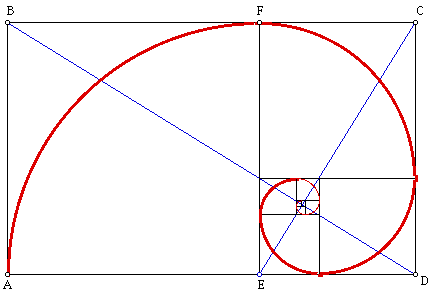
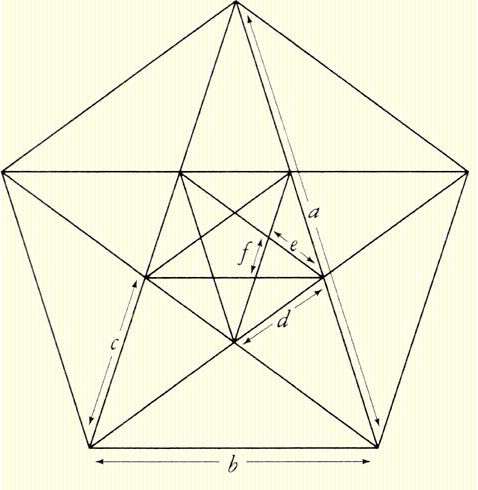

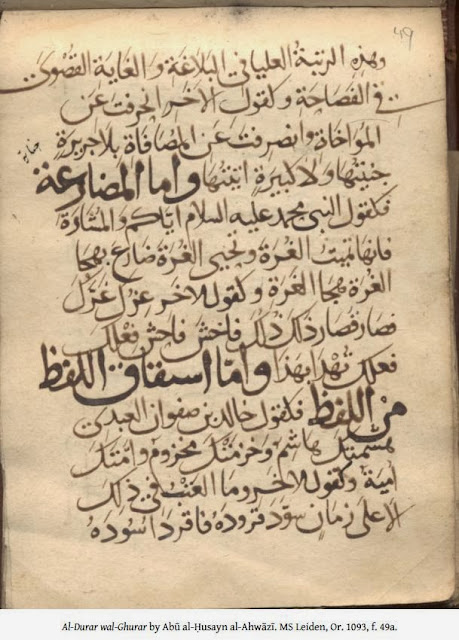
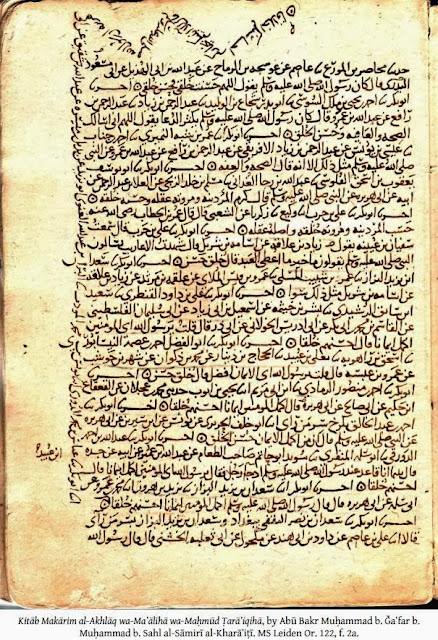




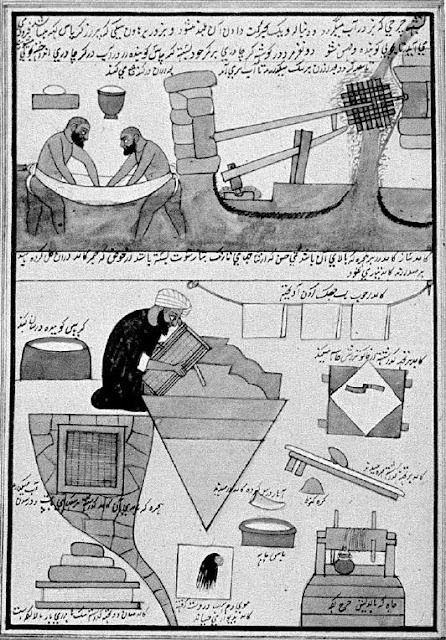


.jpg)






